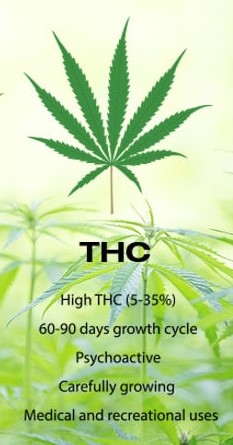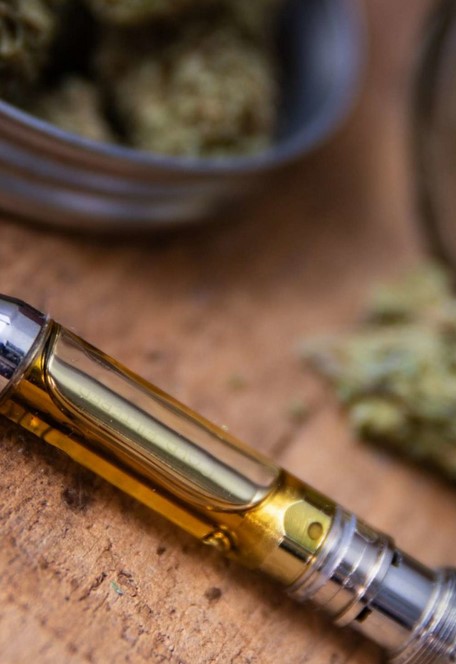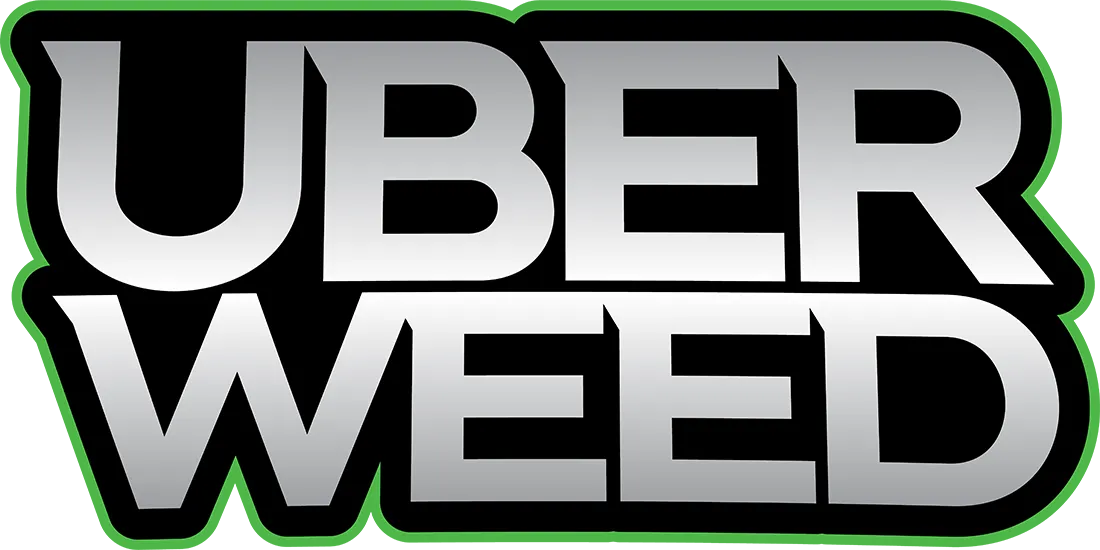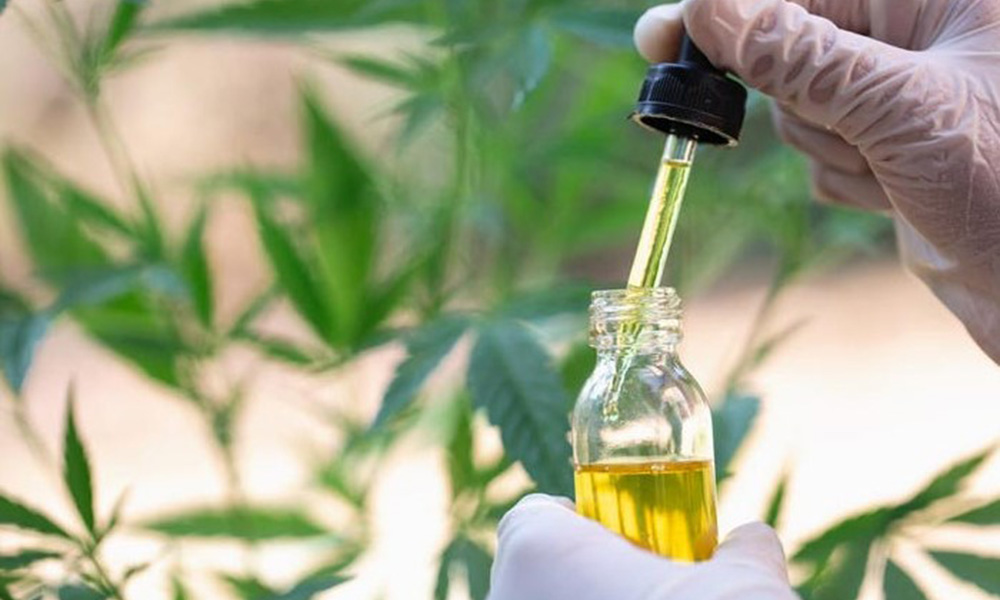Non classé
THC Oil Guide
Although smoking cannabis flower to acquire THC (tetrahydrocannabinol) remains the most popular method of consumption, THC oils provide a new option for consumers to consume marijuana. THC oils are made by extracting the active components from the plant, suspending them in a carrier oil such as MCT or hemp oil, and then evaporating the solution. So you’ve got a liquid combination that may be used for various dosing purposes at the end. Let’s have a closer look at it.
Does THC Oil Get You High?

CBD products are not allowed to be sold in the United Kingdom because of their legal status. CBD, unlike THC and other cannabinoids found in cannabis plants, does not produce a high or euphoria. Endocannabinoid 2-AG (2-arachidonoylglycerol), which is known to induce several noncancerous illnesses including obesity and type II diabetes, is the polar opposite.
It’s critical to exercise caution as a first-time user when using cannabis oil; use only a tiny amount at once, observe the effects, and gradually increase dose as needed. Also, be sure you know what percentage of THC is in any oil you intend on using. In an investigation published in the Journal of the American Medical Association, people who were new or infrequent users of marijuana had an increased risk of suffering from a negative reaction when utilizing vaped cannabis oil. The researchers suggested that vapers who used vape rather than smoke had greater blood-THC levels.
How to Use THC Oil
THC oils are often extracted using a solvent such as butane or hexane, and the most popular type is intended to be vaped or utilized in vape carts. Others, on the other hand, are suitable for use with a dab rig, particularly those with a thicker texture like RSO oil that may be dripped softly onto a heated nail in precise doses. There’s never a end to the debate between vaping and dabbing among experienced cannabis oil users when it comes to THC oil. Vapes provide a lot of help when it comes to utilizing your oil. You may simply take a prefilled pen or cartridge and utilize it as you wish. Dabbing with a rig, on the other hand, allows for more precise control over how much oil is applied to your heated nail. Furthermore, dabbing has been said to provide better results by some people.
Can You Ingest THC Oil?
THC oil may be used, but most users prefer sublingual doses (under the tongue) since the effects can start in as little as 15 to 30 minutes, which is less than with inhalation. Eating an oil and swallowing it, much like other types of cannabis edibles, might result in partial efficacy for 30 to 60 minutes.
How to Cook with THC Oil
Playing around with making your own THC-infused recipes might be enjoyable, but you must exercise caution not to use too much. Take into account how many servings are in the dish and utilize that to determine the amount of THC oil to use in your recipe. Say you’re going to make a batch of brownies with the oil. Once the recipe is finished, you’ll have ten servings. Consider how much THC you want in each brownie; for example, 10mg of THC. You’d want 100mg of THC for the total recipe if you’re using this calculation.
The Difference Between CBD Oil and THC Oil
THC is the chemical that makes marijuana psychoactive. THC oil is produced from cannabis plants with a high amount of THC; CBD oil comes from cannabis plants with a lot of CBD (cannabidiol). While both CBD and THC have therapeutic effects, CBD does not produce intoxication. Hemp contains very little amounts of THC, so most CBD oils are made by extracting cannabinoids from it. You can also get 1:1 CBD and THC oil, which has equal quantities of CBD and THC and is thought to provide powerful therapeutic benefits.
Health Benefits of THC
Do we truly need THC, the most well-known component of cannabis?
This is the same chemical that gives cannabis its “high.” It has earned a reputation among some as having no medicinal value, and many believe it is just a waste of time. Despite this, science has proven that this is not the case.
Cannabinoids in combination with one another have been discovered to aid people battle both mental and physical problems. Not to mention many individuals find THC-rich goods, such as cannabis or marijuana, to be an excellent health supplement when taken at the correct dose. Take a look at these medical advantages of THC for further information.
THC Provides Pain Relief

THC is one of the most effective medications for relieving pain, and I’ll show you why… More than 1.5 billion people on the Earth live with persistent pain, according to statistics. Many of these persons have neuropathic or nerve-related discomfort. Cannabis compounds, according to studies, activate pathways in the central nervous system that silence pain messages from reaching the brain.
THC’s efficacy for pain relief has even been confirmed in an FDA-approved study in 2013.
Individuals with neuropathy were given low doses of THC (1.29%) in the form of vaporized cannabis. The results? “A low dose of delta-9-tetrahydrocannabinol produced a statistically significant 30% reduction in pain intensity when compared to placebo.”
With cannabis’ unfortunate status as a schedule I controlled substance continuing to impede clinical study, there is evidence that THC and pain alleviation are positively linked.
THC Eases Nausea & Vomiting
Didn’t you know that a THC pill (Marinol) for treating nausea and vomiting in cancer patients has been available since the 1980s? In fact, Marinol has long been marketed as a pharmaceutical substitute for cannabis.
However, while Marinol does include delta-9-tetrahydrocannabinol (THC), it is a manufactured and isolated chemical. As a result, it falls short in comparison to the entourage chemical compounds present in natural, whole-plant cannabis.
Marinol does not contain any of the compounds that contribute to the overall effectiveness, such as other cannabinoids, terpenes, or flavonoids. Interestingly, a 1995 research revealed that low oral doses of THC-8, a cannabinoid-like chemical with less psychoactive effects than regular THC, were beneficial in alleviating chemotherapy-induced nausea in children.
Only mild irritability was observed as a side effect. THC-based therapies are a much safer alternative when compared to other nausea treatments, such as Zofran, which cause the following adverse effects: diarrhea, headache, drowsiness, visual blurring, muscle cramps, rash, fever, and constipation just to name a few.
THC Protects Brain Cells
Reefer madness induced a lot of people to believe that cannabis use destroys brain cells. However, the truth is far different. While most drugs are neurotoxic, THC is considered to be neuroprotective. This implies that it protects brain cells from harm. For example, a study in 2014 found that individuals who had THC in their bodies were 80 percent less likely to die as a result of traumatic head injuries than those without (study).
THC Effective Sleep Aid
Do you have difficulty sleeping? THC health advantages may also be involved, according to research. In the 1970s, oral doses of the cannabinoid were found to help insomniacs fall asleep faster in trials. It has been shown to improve breathing while reducing sleep disruptions in recent studies. Excellent news for individuals with issues such as sleep apnea!
THC Helps Treat PTSD
It’s been estimated that 8% of Americans (24.4 million individuals) have post-traumatic stress disorder (PTSD). This figure is comparable to that of Texas’ population.
THC has been shown in studies to be a highly beneficial treatment for PTSD. THC may produce symptoms such as agitation, intense anxiety, depression, sleeplessness, nightmares, and social isolation – it can be a devastating condition. THC has actually been proven to be a very powerful PTSD therapy option. According to some psychiatrists, only THC-rich cannabis is effective in treating PTSD.
In reality, studies have shown that THC helps with a range of PTSD-related symptoms including agitation, sadness, sleeplessness, flashbacks, and nightmares. This indicates that those who suffer from PTSD can finally get the peaceful sleep they require to recover and regain balance in their lives. All they have to do now is obtain legal access to cannabis and learn how to use it in the best possible way.
THC Promotes Brain Growth
According to experts, the medical advantages of THC for the brain may be considerably more significant than previously believed. More significantly, THC activates our CB1 receptors. The CB1 receptor in our brains is activated by THC. This activation leads to long-term potentiation, which improves learning ability in the brain.
Scientists also discovered that like CBD, THC affects the growth of brain cells in the hippocampus. Some study even claims that THC can improve spatial memory. This is why low dosages of cannabis may help or even delay illnesses such as Alzheimer’s disease. THC may also assist protect against Alzheimer’s disease in a variety of other ways.
Not only that, but a study published in November 2012 revealed that individuals who tested positive for THC were 80 percent more likely to survive head injuries!
THC Increases Appetite
A decline in appetite can be caused by a variety of issues, including HIV, eating disorders, hepatitis, and dementia. This may progress to serious malnutrition or even death over time.
THC is renowned for imitating the effects of food. THC activates the same type of receptors in the hypothalamus that generate ghrelin, which stimulates hunger. In reality, THC may even improve the flavor of your meal.
THC’s appetite-inducing effects have been written off as a case of the “munchies,” but there is something much more significant going on here. THC hunger-inducing effects can significantly enhance life quality if taken correctly. And in some situations, they may even save lives. Interestingly, certain cannabis strains can also reduce hunger, which might be another benefit for a lot of individuals.
Final Thoughts on THC Oil
THC oil, when used correctly, may offer a fantastic substitute for smoking cannabis. Oils are more hidden and can sometimes be more powerful than tinctures. Always buy a product that is tailored to your planned usage method to ensure you get the optimum experience with any THC oil. If you want to use it as a tincture rather than vape it, make sure the THC oil you’re buying is really intended for vaping. Look for high-quality oils produced by reputable manufacturers that clearly state the precise potency levels on the bottle. Check out our menus at Silver Therapeutics dispensaries in MA to sample THC oils for yourself.


